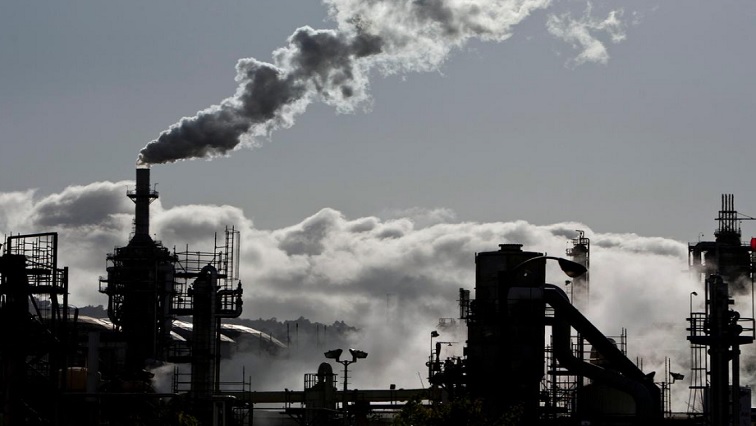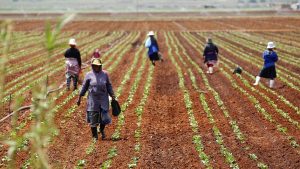Africa must address issues of climate change if it is to grow its economies and achieve sustainable growth. This is the strong warning from experts on the sidelines of the African Union Summit.
They are holding preparatory meetings ahead of the Heads of State Summit on the weekend in Addis Ababa, Ethiopia.
SABC journalist Sarah Kimani unpacks some of the issues expected to be discussed at the summit:
According to African climate change advocates and activists, a large dose of political will, funding and innovation is needed to hold the line against what has been described as Africa’s next big challenge.
Climate change remains high on the agenda of the African Union with incoming Chair South Africa expected to grapple with the negative prospects it presents for the continent’s growth.
“We can expect from the models that have been developed that climate change will have an impact of between 3 and 5% on GDP growth, meaning that Africa will lose 3 to 5% of GDP just linked to climate change. Putting that in the context of low growth, most countries including African countries are now having low growth, in fact, the average African growth is only 3%. So what climate change means is that it is a direct immediate break on economic development because agriculture accounts for 80% of the generation of gross domestic product in African countries,” says United Nations Economic Commission for Africa Jean-Paul Adam.
Speaking at a side event at the African Union in Addis Ababa, Commissioner for Rural Economy and Agriculture at the African Union Commission, Ambassador Josefa Sacko, said the need to protect sectors such as agriculture, livestock and fisheries, is critical to socio-economic development.
“Our priority on the continent is adaptation, as you know our rural farmers still don’t have the capacity to adapt because they are poor, they don’t have access to new technologies, smart agriculture is not available to them so I think that is an area we really need to focus on if we want to ensure that Africa is food secure.”
Sacko says that African countries have shown the political will in making their contributions towards building climate-resilient and low-carbon economies. However, mitigating climate change is an expensive business, according to Adam.
“Access to finance to address the climate change issue is limited, the Green Climate Fund has provided some funding but most African countries are still in line waiting so there has to be additional resources available for African countries to bridge that gap in the immediate because a lot of funding has to be front-loaded, a lot has to be done immediately and economic growth is not going to provide enough for that. So much of the focus of the ECA (United Nations Economic Commission for Africa) is on giving technical support to countries but also identifying where investment can come in, investment that recognises the challenges of climate change.”
With COP 26 coming up later this year in Glasgow Scotland, Africa will need to roll up its sleeves at the AU meeting to ensure that it will not continue to bear the brunt of the world’s climate change burden.






